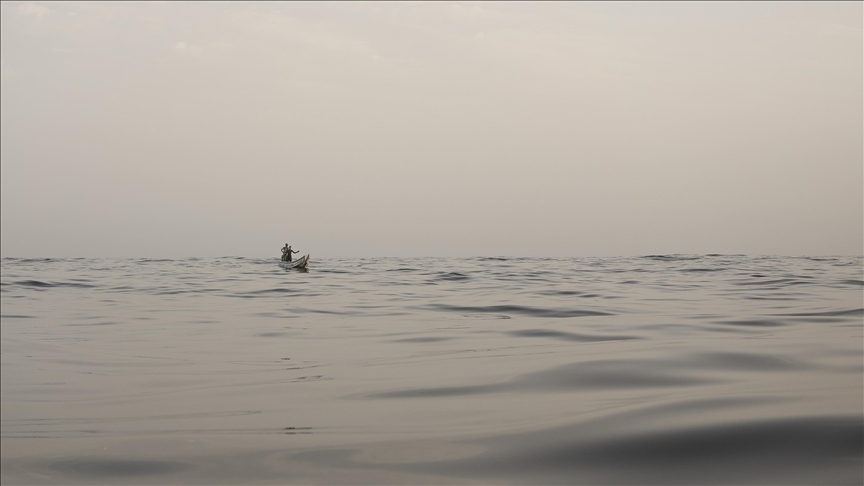Armenians Presumed Dead Have Been Proven Alive
The National Security Council (MGK) also supports the studies conducted by the "Fight Against So-Called Genocide Allegations Coordination Council". While mass graves dug by Armenian gangsters during the World War I in Eastern provinces are being opened, on the other hand, academic studies are also being conducted.
TTK President Prof. Yusuf Halacoglu drew attention to the Armenian Desk that was formed in the body of the Society last year to research Armenian emigration from Turkey. Halacoglu recorded that the Society will soon show with documents how the Armenians, who were allegedly murdered during the genocide, emigrated to other countries in 1918.
Halacoglu explained that they had determined from British, French and American archives that 1 million 400 Armenians went overseas from Ottoman lands.
"We determined there were 650 thousand Armenians in Anatolia in 1918 by scanning the cities one by one. We found documents that these people went to countries such as America, Argentina, Austria and France. For example, we studied the passenger lists of the ships going to the U.S. We found out that male and female Armenians belonging to various age groups, who were thought murdered, actually emigrated."
The excavation of graves belonging to Turks who were murdered by Armenian gangs during World War I have resumed in the past year, carrying on work which was first started during the period of the 7th President Kenan Evren.
The DNA samples from the graves belonging to Turks suggest that the Armenian gangs sometimes even killed their own people.
The excavations are being conducted under the supervision of the TTK and are being done in a scientific manner. The international press has also shown interest in the excavation work.
Erzurum Ataturk University, Kars, Kafkas (Caucasus) and Van Yuzuncu Yil Universities are supporting the studies. For the excavations, experts first consider information from local people. The data gathered is checked with documents in state archives and then the excavations start. The Anthropology Department of Hacettepe University in Ankara then analyses bone pieces collected during the excavations.
Erkan Acar / Istanbul / TURKEY


